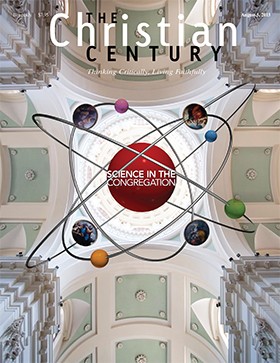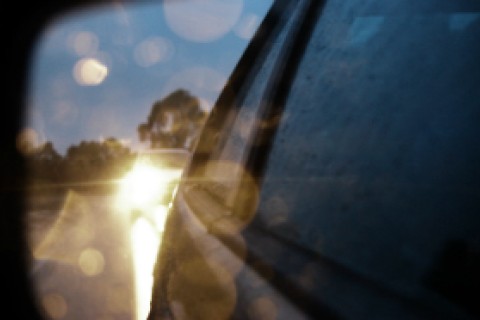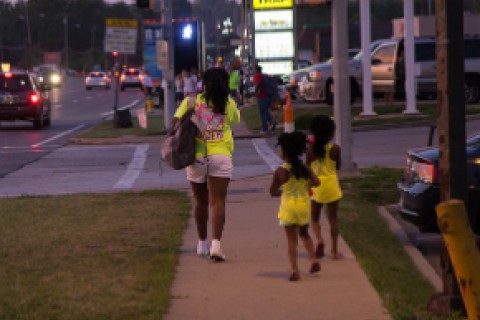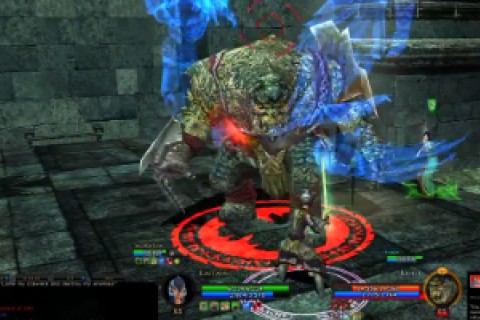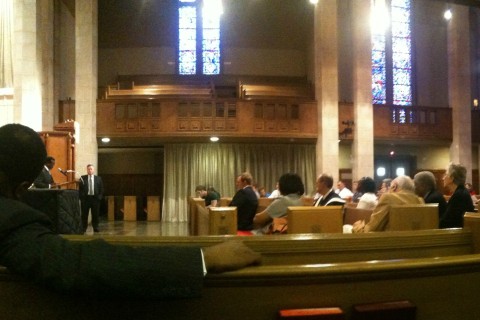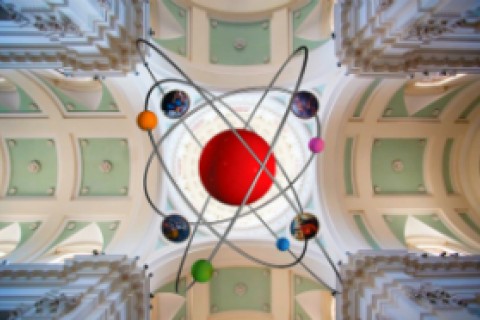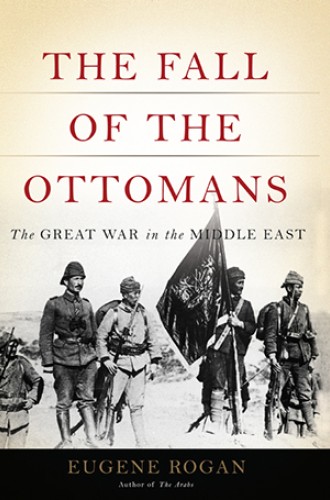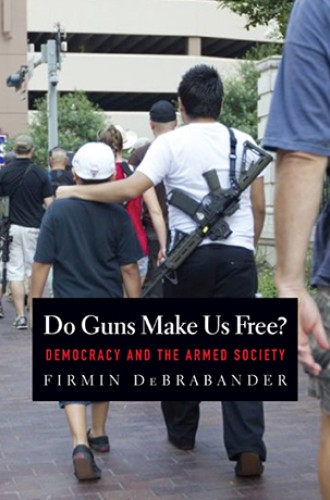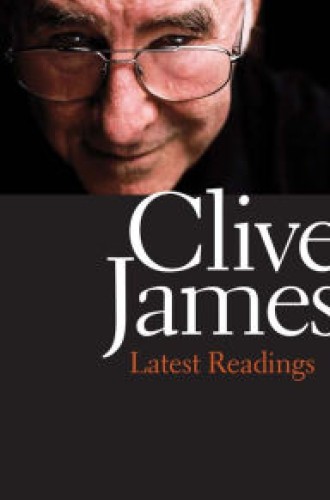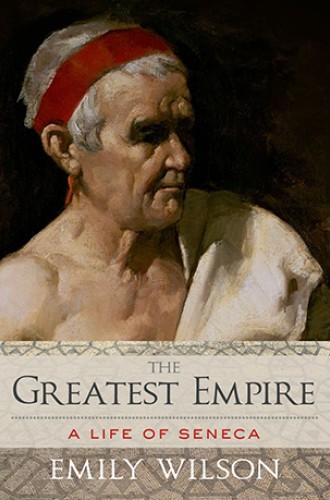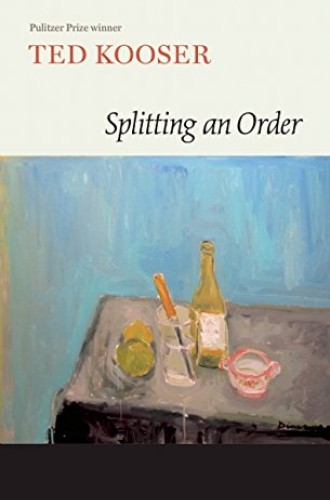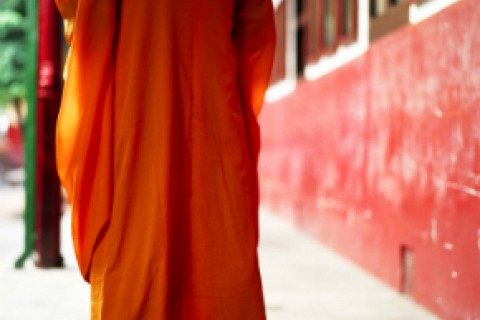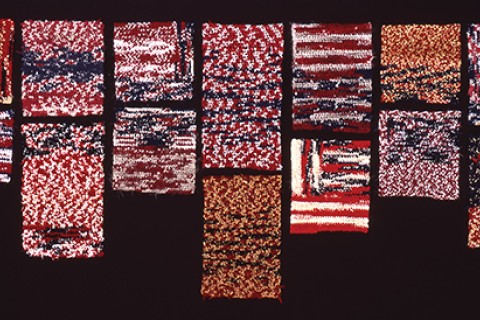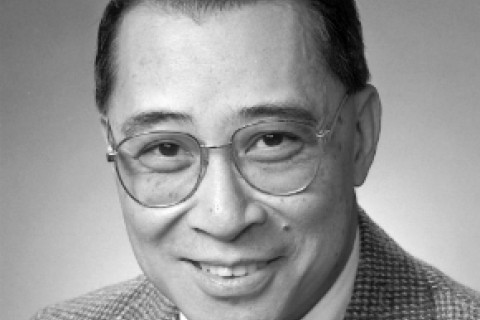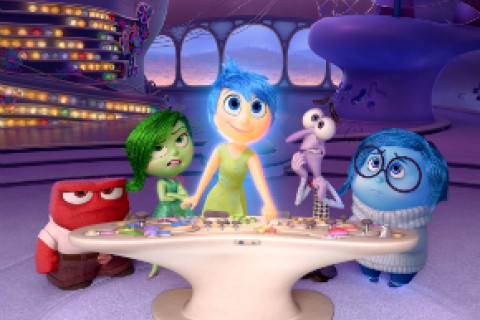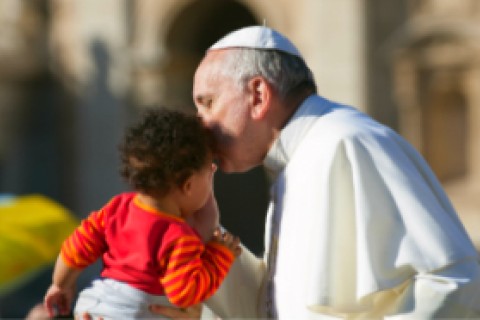Features
On Laurel Street
Aftershock: A church on the front lines in Ferguson
Online fellowship: The ethical world of multiplayer gaming
Resources for Christian formation & video games
Resources for Christian formation & video games
Websites and Online Resources
Christians gamers reflecting on gaming:
Congregational conversations
Resources on religion & science
Read the main article on scientists and the local church.
Websites
BioLogos
An evangelical site with “an evolutionary understanding of creation.”
The Faraday Institute for Science and Religion
An interdisciplinary resource site based in Cambridge, England.
Scientists welcome: A challenge for congregations
Boycotting the boycott: The problem with the BDS movement
Books
The Fall of the Ottomans, by Eugene Rogan
Deadly illusion
Philosopher Firmin DaBrabander has written a judicious exposition of the crisis of guns in our society. He pays particular attention to the ideology, claims, and consequences of the NRA.
Latest Readings, by Clive James
The Greatest Empire, by Emily Wilson
Emily Wilson offers a carefully balanced narrative of Seneca's life that is derived, as it must be, from partial and often contradictory sources.
Splitting an Order, by Ted Kooser
Simple, measured, and settled, the poems in Ted Kooser's new collection were composed by an artist with nothing further to prove.


